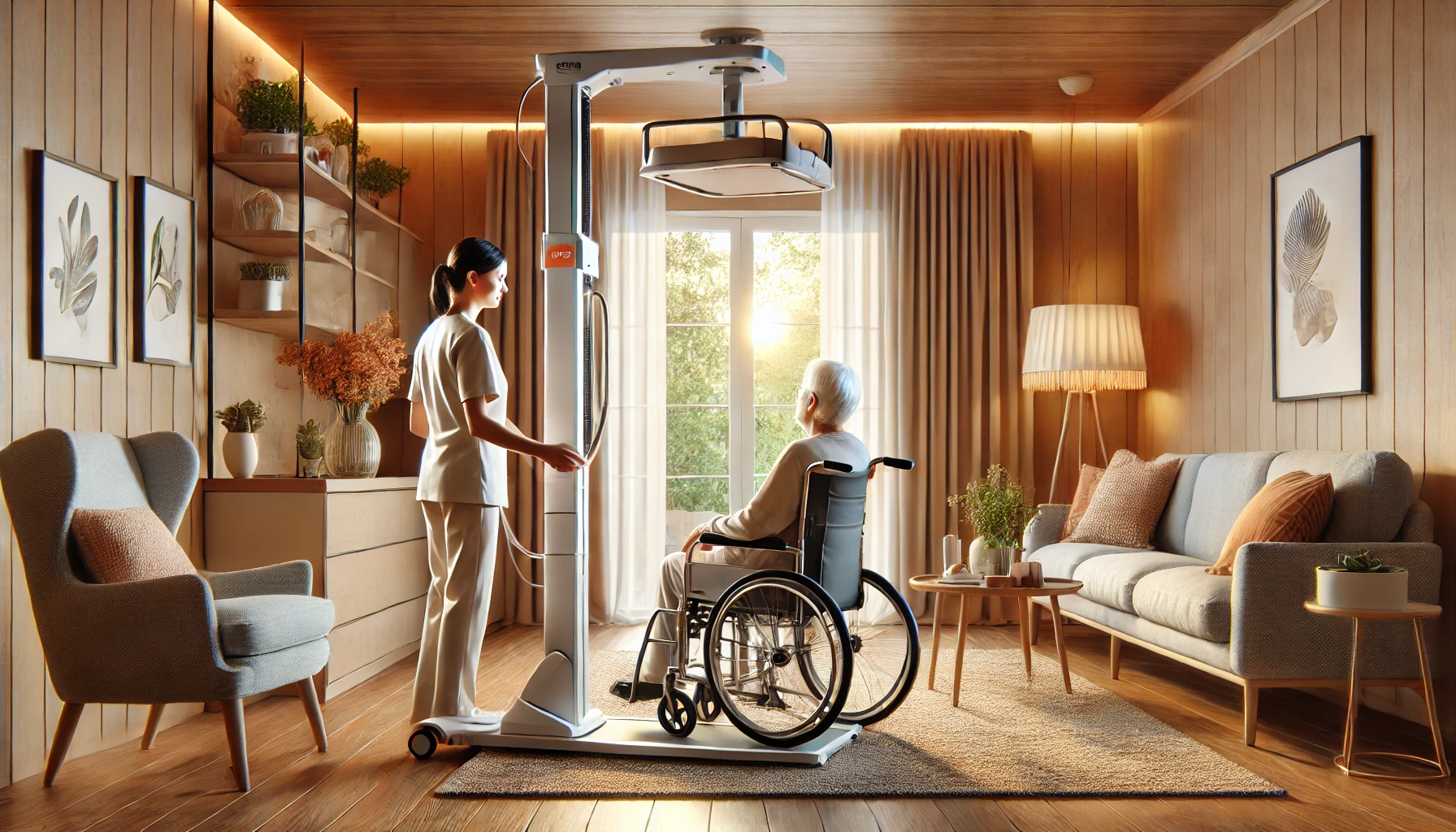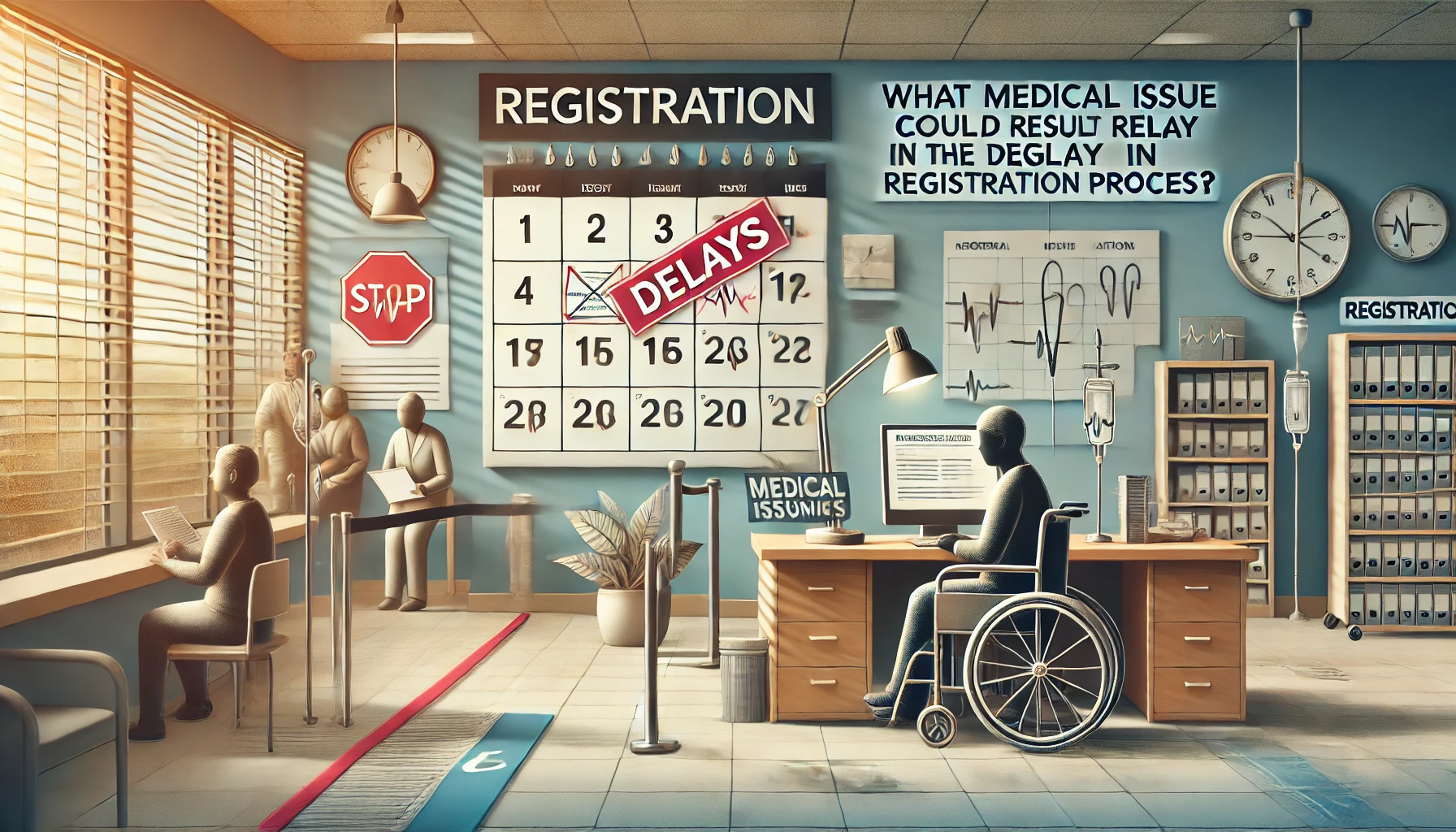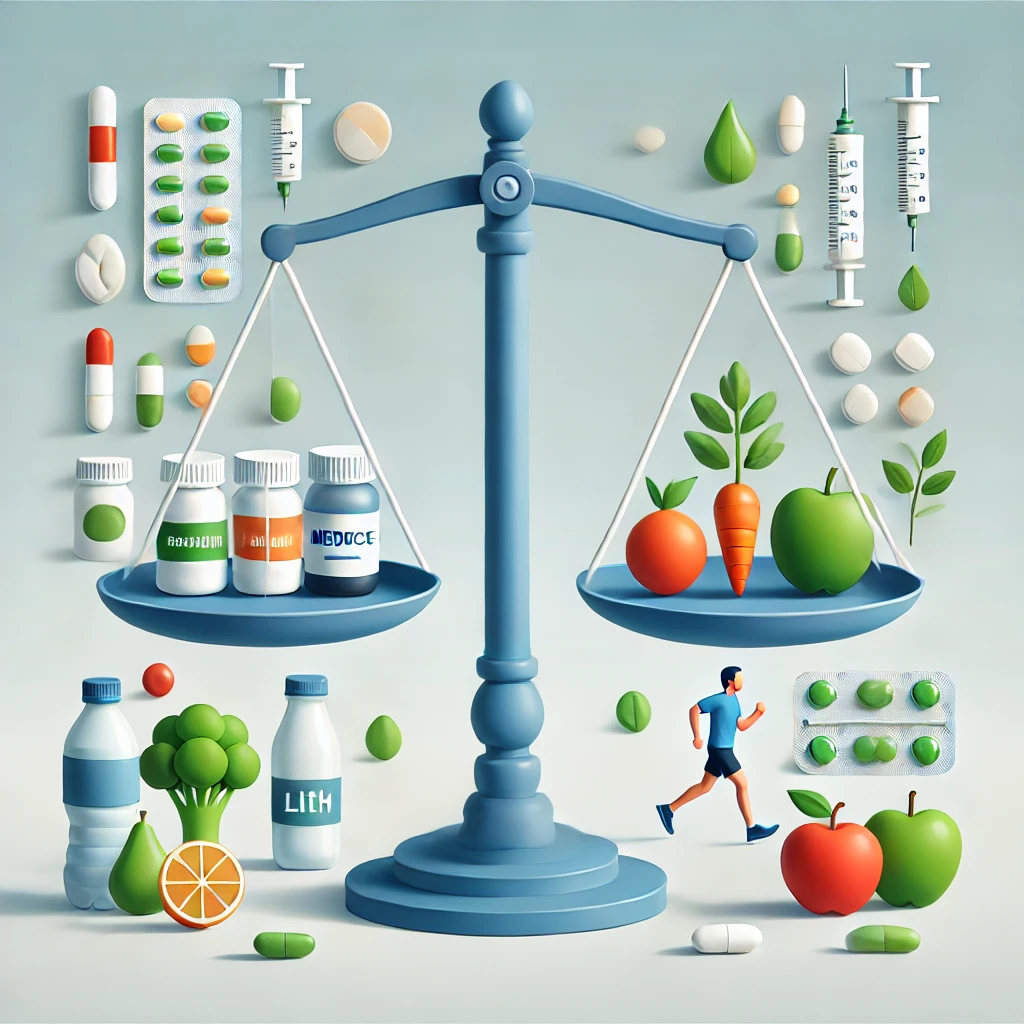
Imagine a world without medicine—a world where a simple infection can be fatal, where chronic diseases cannot be controlled, and where there is no relief from pain. It’s hard to picture because for most of us, drugs are part of everyday life. Whether it’s a pill for a headache, an antibiotic for an infection, or a life-saving treatment for a serious illness, medicines are deeply integrated into how we live and survive. But are medicines really life for us?
Table of Contents
The Role of Medicines in Modern Life
Medicines have become essential in modern healthcare, offering us hope and solutions to a wide variety of health problems. From treating minor ailments like colds and fevers to managing lifelong conditions like diabetes, medicines play a huge role in enhancing our quality of life. They allow us to live longer, healthier lives by keeping once-deadly diseases at bay and helping us maintain our well-being.
Consider antibiotics, for example. Before they are discovered, something as simple as a toothache or infection can be fatal. Today, antibiotics are so effective that we hardly think twice before using them, believing that they will work. As such, medicines often feel like lifelines—tools we turn to in moments of illness or pain, knowing they will help us cope with healing.
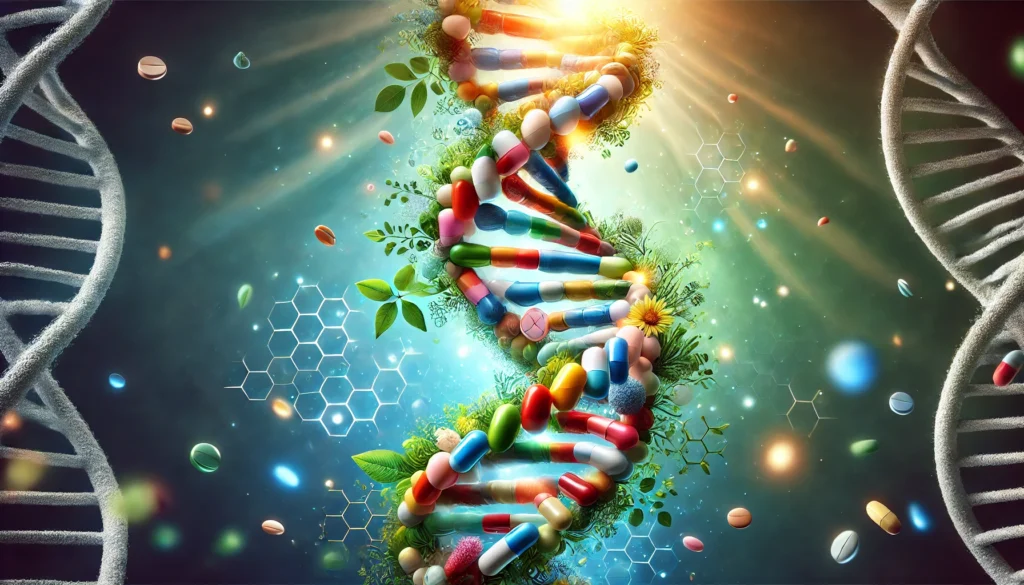
The Emotional Connection
Beyond their physical effects, drugs also carry emotional weight. They offer us reassurance. When a loved one is sick, knowing that treatment is available can ease our worries. For people managing chronic conditions, medications can represent hope—a way to live a normal life despite health challenges.
For many people, taking their medication is a daily reminder that life can be organized and improved. It’s not just about survival; It’s about thriving despite the struggles of illness or health. This emotional connection makes medicine feel even more integral to life.
Medicines Are Not a Cure-All
But, we also have to recognize that drugs alone are not the cure. They cannot replace healthy living, good habits, or the need for preventive care. Medicines can help us manage disease or control symptoms, but they cannot cure everything. Taking care of your body through proper nutrition, exercise and mental health care is just as important, if not more so.
Additionally, the misuse of medications—such as taking antibiotics unnecessarily or relying on pills for a quick fix—can cause major problems. For example, overuse of antibiotics leads to resistant bacteria, making some infections difficult to treat. So while drugs are powerful, they have limitations, and must be used wisely.
| Aspect | Description | Examples/Notes |
|---|---|---|
| Role of Medicines | Medicines are essential for treating, curing, and managing health problems. | Antibiotics for infections, insulin for diabetes, painkillers for headaches. |
| Emotional Impact | Medicines provide reassurance and hope, allowing people to cope with chronic or serious conditions. | People feel secure knowing treatment is available; helps manage conditions like asthma or heart disease. |
| Limits of Medicines | Medicines are not a substitute for healthy living and can be misused. | Overuse of antibiotics leads to resistance; medicines can’t replace exercise, good nutrition, etc. |
| Balancing Act | Combining medicine with a healthy lifestyle leads to better long-term health outcomes. | Medicines can improve life, but personal habits (e.g., diet, exercise) are key for sustained well-being. |
| Conclusion | Medicines enhance and extend life but are part of a broader approach to health and well-being. | Living well requires both medical interventions and conscious lifestyle choices. |
Balancing Life and Medicine
In many ways, medicine allows us to live fuller, more productive lives. They reduce pain, cure diseases, and prevent death from diseases that were once fatal. But life is about balance. Relying heavily on medications without considering lifestyle changes or natural remedies can make us forget the importance of a healthy life.
Ultimately, while drugs can be life-saving and life-extending, they are only part of the equation. They are there to help us when we need them most, but they work best in conjunction with a healthy, balanced lifestyle.
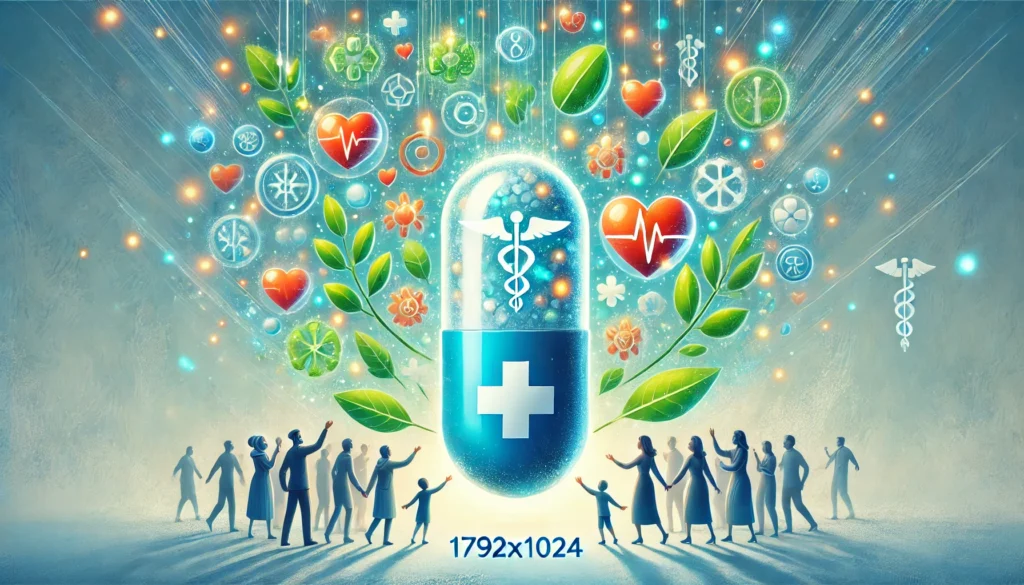
Conclusion
So, can medicine be life for us? In many ways, yes—they can extend life, improve its quality, and offer hope in dark times. But they are only tools, not the essence of life. Our real lives come from a combination of medical advances and the choices we make every day. Medicines can help us live longer and healthier, but living well is still up to us.
🌟 Discover More on Xiel.online! 🌟
Looking for insights on home gardening, crypto trends, social behavior, and more? Visit xiel.online today to explore a world of informative blogs, tips, and updates!
👀 Stay informed, inspired, and ahead of the curve! 🌱💻

